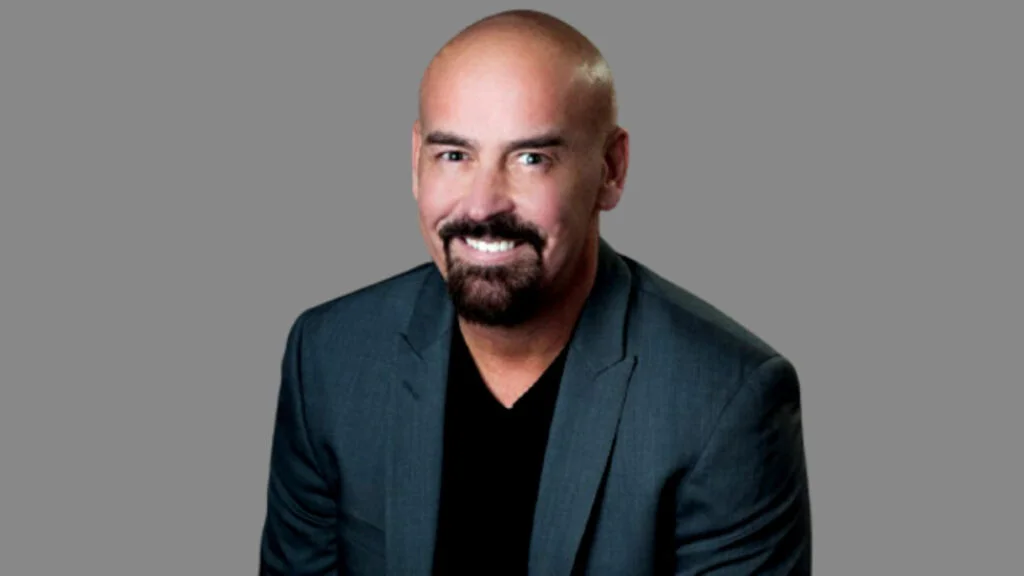John Deaton, the attorney for XRP holders, stated that Ripple Labs’ direct contact with the vendor must be verified.

The long-awaited Summary Judgment in the legal dispute between the U.S. Securities and Exchange Commission (SEC) and Ripple is anticipated to provide clarification regarding the “Security” classification. However, as the Ripple Lawsuit nears its conclusion, XRP holders are raising concerns about the nature of XRP during various sales stages.
Was XRP Able to Pass The Howey Test?
A holder of XRP stated that he invested in XRP because he was familiar with Ripple. Ripple’s CTO, David Schwart, working for the NSA, was one of the primary motivations to invest in XRP in 2016.
He added that he made his first purchase after reading a new article that suggested the bank may use it in the future. The holder emphasized that he purchased XRP when its price was $0.10.
John Deaton, the attorney for XRP holders, provided clarity on the matter. The attorney stated that if Ripple Labs had any direct contact with the purchaser and sold him XRP, there is a valid argument that Ripple’s native cryptocurrency satisfies the Howey test’s provisions.
According to the scenario, the buyer paid Ripple in exchange for XRP. This transaction binds the buyer to Ripple and stipulates that a profit will be anticipated based on David Schwart’s abilities.
Attorney Examines Diverse Scenario
Notably, this should be noted if the customer did not purchase XRP from Ripple without a contract with the blockchain company on the secondary market.
Then it creates an entirely new circumstance. In contrast, the situation would be quite different if the XRP was acquired for non-investment purposes, such as making a transaction on the ledger or transferring funds.
Even if Ripple sold an investment contract with XRP as the underlying digital asset, the attorney argued, this would not constitute token security.
